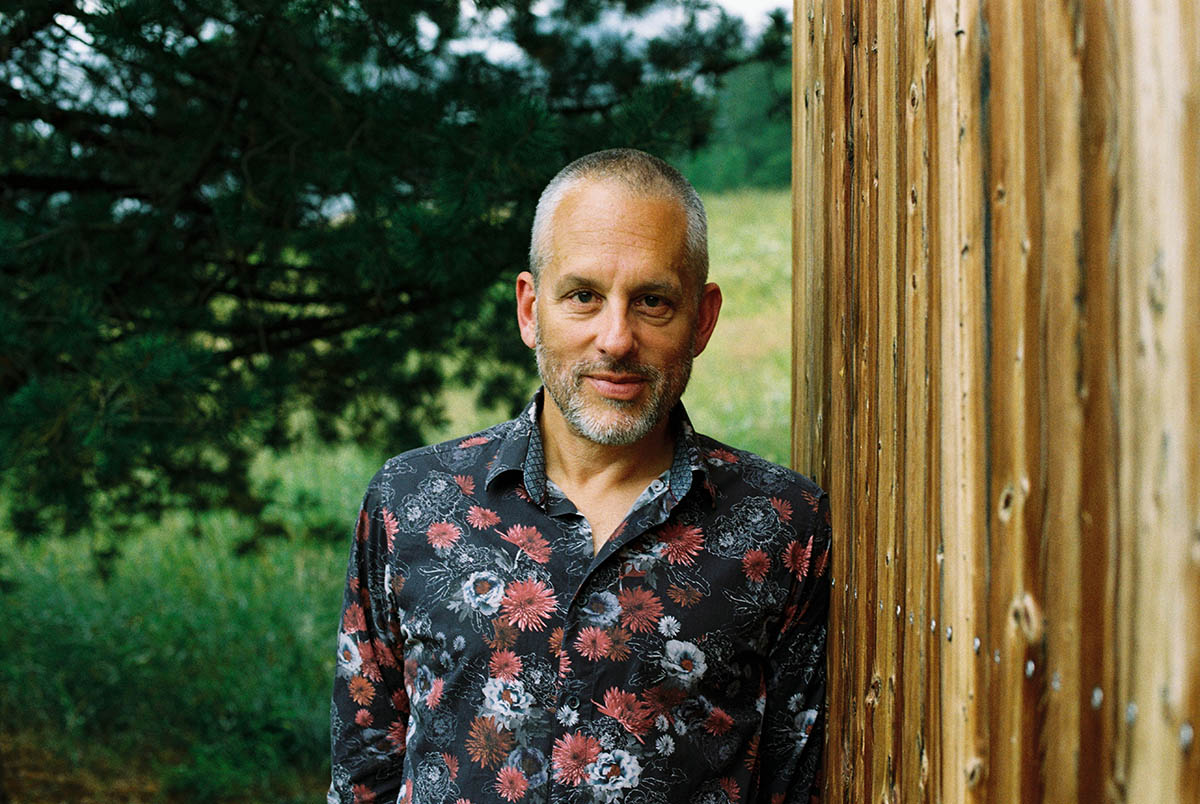Lars Iyer
Professor at The European Graduate School / EGS

Biography
Lars Iyer (b. 1970 in London, UK) is a novelist and philosopher. He is a Reader in Creative Writing and Subject Head of Creative Writing at Newcastle University, where he previously also taught philosophy.
Iyer’s philosophical research interests revolve around aesthetics (especially philosophy of literature and philosophy of music) and political philosophy. He has published two books on Maurice Blanchot:
In Blanchot’s Communism (Palgrave Macmillan, 2004) “Iyer argues for the transformative potential for philosophy and political practice of the thought of Maurice Blanchot. The book traces Blanchot’s complex negotiations of the thought of Hegel, Heidegger, Bataille and Levinas, which allowed him to develop his distinctive account of the work of art and his account of the opening to the Other.” Blanchot’s Vigilance: Literature, Phenomenology and the Ethical (Palgrave Macmillan, 2005), on the other hand, “presents a sustained analysis of Blanchot’s response to Levinas’s ethical thought, the political commitments of the Surrealists, Heidegger’s readings of the ancient Greeks, and the claims of psychoanalysis […] Iyer presents Blanchot’s central concern as maintaining a kind of vigilance over a difference which opens in the articulation of sense.”
Since 2000, Iyer has published numerous articles, some of which are “Impersonal Speech: Blanchot, Virno, Messianism” (Journal for Cultural Research 2009, 13/3-4); “Speaking the Real: Richard Middleton’s Voicing the Popular“ (Radical Musicology 2008); “The Fact of Language: Recent Literature on Blanchot” (Journal for Cultural Research 2007, 11/3); “Logos and Difference: Blanchot, Heidegger, Heraclitus” (Parallax 2005, 11/2); “Blanchot, Levinas et l’érotique » (in Hoppenot, E., ed. L’Oeuvre du Féminin dans l’écriture de Maurice Blanchot, Éditions complicitiés, 2004); “Death and responsibility, the ‘work’ of Levinas” (Journal of the British Society for Phenomenology 2003, 34/1); “El templo de la noche. Reflexiones sobre el origen de la obra de arte en Blanchot y en Heidegger” (Asociación de Estudios Filosóficos 2003, 17/3); “Write! Write! Blanchot, Kofman and Levinas on Witnessing” (Journal for Cultural and Religious Theory 2003, 5/1); “The Birth of Philosophy in Poetry. Blanchot, Char, Heraclitus” (Janus Head 2001, 4/2)
“All along”, as Iyer puts it [1], “I was writing ‘creatively’, or at least non-academically. This led me to my experiments at my blog, Spurious, from 2003-2007, in which I tried to bring together theory and practice, to develop a mode of writing as a kind of thinking that took place alongside philosophy.”
The author of “A Literary Manifesto after the End of Literature and Manifestos, or Nude in Your Hot Tub with a Good View of the Abyss” (Post Road Magazine 2012/ 22) , Iyer has published 5 novels so far, most of which have been translated into several languages. His so-called “Spurious trilogy” consists of Spurious (the 3:AMNovel of the Year 2011 as well as short-listed for the Believer Book Award and the Guardian Not the Booker prize 2011), Dogma (one of the Observer’s Books of the Year 2012), and Exodus (short-listed for the Goldsmiths Prize 2013; all published by Melville House).
In 2014, Iyer started another trilogy with Wittgenstein Jr (Melville House); in 2019, Nietzsche and the Burbs (Penguin Random House) followed.
Iyer describes his (mode of) writing as follows: “I write novels of ideas, the protagonists of which are philosophers trying to make sense of the world around them. My work is fundamentally comic, in the broad tradition of Beckett but also British comedy […] and is rooted in continental-philosophical and literary writings of the past century, which reflects my own intellectual background. […] My fiction explores the impact of larger social forces on the feelings and modes of existence of people in contemporary life. The forces in question include neoliberal capitalism and contemporary work practices (bureaucracy, managerialism). The feelings in question include ‘negative’ emotions of despair, ennui, as well as modes of cynicism and opportunism. The modes of existence in question include philosophising, artistic production (writing, music-making), political activism and religious practices, as well as ethical practices in general (especially friendship and community). My fiction employs unusual narrative structures, in which access to the characters and their fictional world is filtered through reported speech. As such, they are rooted in the work of Thomas Bernhard, and I consider myself to be a post-Bernhardian writer, drawing on his innovative approach to fiction-writing.”[2]
As Iyer states for his novels, “I hope they’re fun. But they are also my attempt to reflect on how philosophy might be manifested in our lives in a time that’s largely indifferent to intellectual thought in the humanities.”[3]
[1] Zac Smith, “‘Music Felt For Us, Was Ecstatic For Us’: An Interview With Lars Iyer”, https://vol1brooklyn.com/2020/01/27/lars-iyer-interview/
[2] https://www.ncl.ac.uk/elll/staff/profile/larsiyer.html#background
[3]Zac Smith, “‘Music Felt For Us, Was Ecstatic For Us’: An Interview With Lars Iyer”, https://vol1brooklyn.com/2020/01/27/lars-iyer-interview

